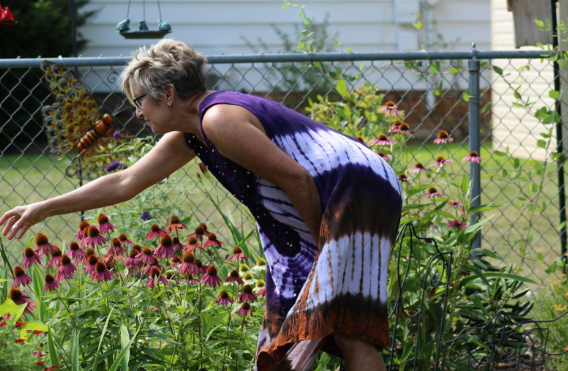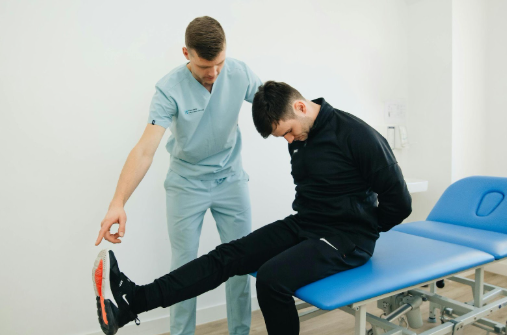Causes and Risk Factors of Degenerative Disk Disease
What Is Degenerative Disk Disease?
Degenerative disk disease is a condition that occurs when the disks between the vertebrae of the spine become damaged or weakened. Keep reading to learn more about the potential causes of degenerative disk disease and the treatment options available.
Degenerative disk disease is characterized by the gradual breakdown of the intervertebral disks, which are the cushions between vertebrae and the bones of the spine. As the disks degenerate, they can lose their ability to absorb shock and provide support, which can lead to pain, stiffness, and other symptoms.
Symptoms
The most common symptom is pain in the affected area of the spine, which can vary in intensity and duration. Other symptoms include:
- Stiffness and reduced range of motion in the back or neck
- Tingling or numbness in the legs or arms
- Weakness in the legs or arms
- Muscle spasms
- Changes in posture, such as stooping or hunching over
- Reduced ability to walk or perform daily activities
Symptoms may worsen over time and may also be exacerbated by certain activities, such as sitting or standing for extended periods of time or twisting or bending the spine. If you experience any of these symptoms, it is important to see a medical professional for an accurate diagnosis and appropriate treatment.
Causes
Degenerative disk disease is primarily caused by aging. As we get older, our intervertebral disks start to wear down and lose their water content. This can cause them to become thinner, making them less effective at absorbing shocks from movements.
Other factors that can contribute to degenerative disk disease include repetitive activities, such as heavy lifting or twisting motions, and genetics. Individuals who have a family history of back problems or degenerative disk disease are more likely to develop this condition.
Obesity and a sedentary lifestyle can also contribute to degenerative disk disease. Excess weight places additional stress on the spinal column, while a lack of physical activity can lead to weaker muscles and reduced flexibility.
Treatment
The treatment for degenerative disk disease depends on the severity of the condition and the individual's symptoms. Mild cases may be treated with over-the-counter pain relievers and physical therapy, while more severe cases may require surgery.
At Arkansas Spine and Pain, we offer
treatment to help manage the pain and discomfort caused by degenerative disk disease. Our experienced team will work with you to create a personalized treatment plan based on your individual needs.
Some of the treatment options we offer include:
- Epidural Steroid Injections - This minimally invasive procedure involves injecting a steroid into the epidural space to help reduce inflammation and relieve pain.
- Radiofrequency Ablation - This procedure uses heat to destroy nerve fibers that are causing pain in the affected area.
- Spinal Cord Stimulation - This treatment involves implanting a device that delivers electrical impulses to the spinal cord, helping to mask pain signals.
Prevention
While degenerative disk disease is a natural part of the aging process, there are certain measures that can be taken to reduce the risk of developing the condition or delaying its progression.
One of the most effective preventative measures is to maintain a healthy weight and engage in regular exercise. This helps to reduce pressure on the spinal column and promotes strong muscles that can support the spine. Low-impact activities such as swimming, cycling, or walking are excellent options that won't put excessive stress on the back.
Proper posture is also important in preventing degenerative disk disease. Make sure to sit up straight and avoid slouching for extended periods of time, whether at a desk or while watching TV. Using an ergonomic chair or adjusting your workstation to suit your needs can also help maintain proper alignment.
It is important to avoid activities that involve repetitive or heavy lifting, as this can put undue strain on the spinal column and accelerate degeneration. Additionally, smoking can impair the body's ability to deliver nutrients to the spinal disks and inhibit their natural repair mechanisms. So, quitting smoking can also help reduce the risk of developing degenerative disk disease.
At
Arkansas Spine and Pain, our goal is to provide comprehensive, compassionate care to our patients. We understand the impact that degenerative disk disease can have on your quality of life, and we are committed to helping you find relief from your symptoms.
Contact us today to learn more about our services.



